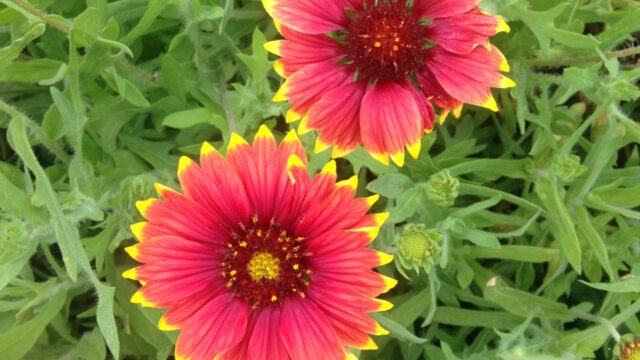Nature is the subtle, Still, softness in our being. That we relegate to the periphery of life, While a harder self takes center stage. This moment calls for integration, Of divergent aspects of ourselves. When we do, Conscious and non conscious minds Unite and synchronize. Creating a magical moment, A moment in which the world feels right, Justified and beautiful. We might call this a creative moment, For it brings a profound sense of joy.
Tag: nature
The Pause
Nature has given humans a reprieve. The Covid-19 pandemic, as ravaging as it has been, is a warning shot across the bow. It declares, “You cannot maintain the unthinking, callous, insensitivity to your ecology or there will be serious repercussions.” To drive the point, Nature has released the puniest of creatures, a coronavirus. And in the blink of an eye, this slightest of avenging angels has crippled the world, brought economic powerhouses to their knees, and forced us to pause.
For the preceding thousands of years our relationship nature, to other creatures, and to the natural environment developed from a collaborative to a dominant relationship. As we became more successful in establishing a way of life beneficial solely to ourselves, we built up a sense of ownership over this ecology. Today, our efforts give less and less thought to the greater ecosystem in which we live. We live in ignorant bliss, assuming a separation from the environment that is delusional. Instead of engaging in synchrony with it, what we have done is to pollute, spoil, and eradicate other species. We have run roughshod over the sole home we have. The coronavirus is an admonition that we are part of this ecosystem and our activities can boomerang to dismantle the castles-in-the-air we have formed.
Nature, in its wisdom, has offered a gift, a moment to pause, to reflect, to reassess, to turn around before it is too late. If we reconsider, we understand that our old ways lead to destruction. Nature has presented us with a prescient vision. We have seen the toxic pollution in large sectors of India and China withdrawn. It has allowed those with eyes to see that the radiant sky is blue and not gray. Is this warning too late? How do we reverse the protracted periods of unthinking, callous apathy to our ecology? What is the alternative pathway? At what cost?
The pessimism is that we don’t learn the lesson. I deduce this from the actions of a minority who contend that this pause must end and we must return to our normal life. This is a reflective instinct, the same blissfully ignorant drive to maintain what is beneficial only to us and which has contributed to all the troubles. There is no recognition what an aberration such a “normal” life has been. The optimism is that another group of people will take the warning to heart, change behavior, and live more in synchrony with nature. Perhaps that will be enough to spare us. As Robert Frost wrote in The Road Not Taken, it is a turning point for everyone-to take the road less traveled. If we succeed, we will all sing along with the poet:
“I shall be telling this with a sigh
Somewhere ages and ages hence:
Two roads diverged in a wood, and I—
I took the one less traveled by,
And that has made all the difference.”


